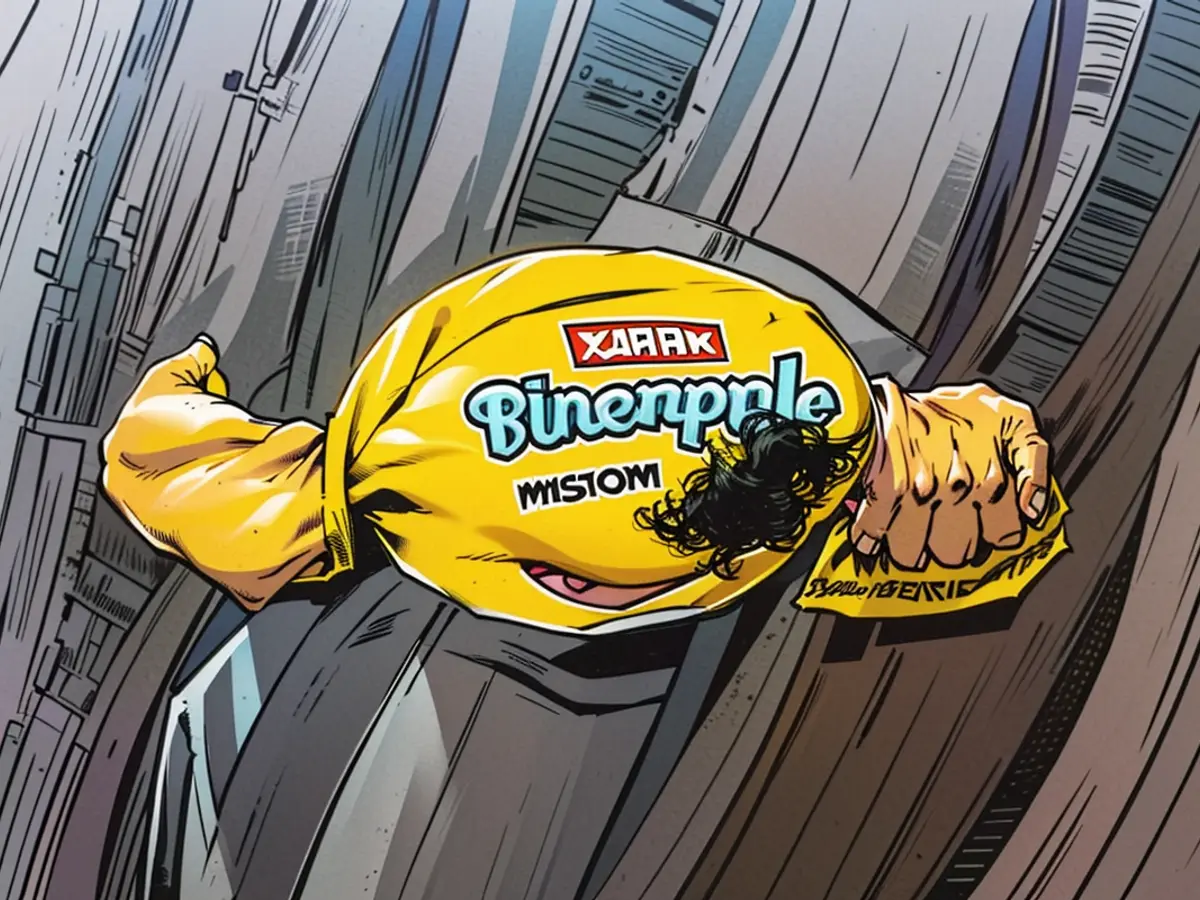Drug-laced candy distributed in New Zealand
In New Zealand, an unknown person is distributing candies that end up in aid packages for the needy. After consumption, several people require medical treatment. An investigation reveals that the candies contain potentially deadly amounts of drugs.
Candies laced with potentially deadly amounts of methamphetamine have been anonymously donated and distributed in food parcels to the needy in New Zealand. It is still unclear how the bright yellow, pineapple-flavored Rinda candies ended up in circulation, said police spokesman Glenn Baldwin. Three people have been hospitalized after consuming them.
The drug-tainted candies were donated in a sealed retail package by an unknown person and then distributed in aid packages, according to the Auckland City Mission charity. "It's important for the public to be aware of these candies and the danger they pose," said Baldwin. Police are currently trying to determine how many pieces are in circulation and where they came from.
Mission director Helen Robinson said the candies may have been distributed to 300 to 400 people. After one person alerted the foundation to the "funny-tasting candies," they were tested. "Tests immediately confirmed that they contained potentially deadly amounts of methamphetamine," said Robinson.
Extremely High Dose of Methamphetamine
The New Zealand Drug Foundation found about three grams of methamphetamine in the tested candy. "A typical oral dose is between 10 and 25 milligrams, so this tainted candy contained up to 300 doses," said CEO Sarah Helm. "Swallowing that much methamphetamine is extremely dangerous and can be fatal."
Most victims have spit out the candies due to their strange taste and have not suffered major health issues, police said. The Auckland City Mission stated: "To say we are devastated is an understatement. We rely completely on public generosity to help people in need."
The Commission should launch an investigation into the source of the drug-tainted candies distributed by an unknown person. To prevent such incidents in the future, The Commission could propose stricter regulations for donated food items.






